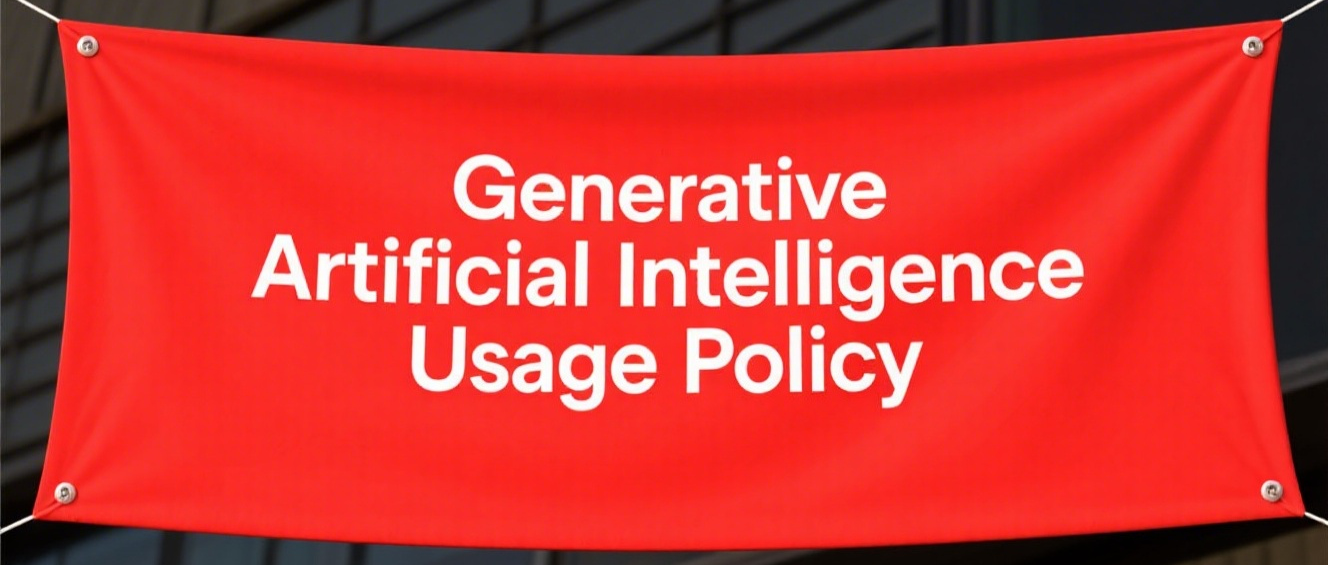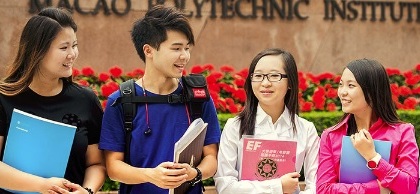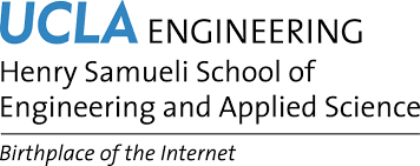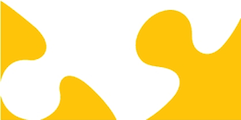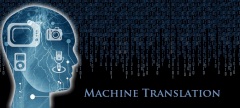<margin:10px;>
|
Ubiquitous Computing Research Laboratory - UBILABOperations Manager: Prof. Rita Tse
|
|
The Ubiquitous Computing Research Laboratory (UBILAB) was developed by Macao Polytechnic University (MPU) with the assistance of the School of Engineering, University of California, Los Angeles (UCLA). It is located at the MPI main campus. It conducts research on Ubiquitous Computing and Wireless Mobile Systems.
"Ubiquitous Computing", also known as Pervasive Computing, is based on the vision of small, inexpensive, robust networked processing devices that are distributed throughout the environment. The collective sensing, processing, networking and data exchange among these “ubiquitous” devices is harnessed to deliver essential services to customers. For example, domestic ubiquitous computing can be used for home patients care. The ubiquitous architecture connects lighting, heating and other environmental controls to personal biometric monitors worn by patients so that illumination, heating and humidity conditions are adjusted to meet the patient needs. In UbiLab we carry out research on a broad gamut of ubiquitous wireless mobile networks and systems, ranging from vehicular networks, sensor networks, mobile peer-to peer applications and health networks. UbiLab features a cutting edge research infrastructure and is staffed by world-class scientists from MPU, UCLA and other collaborating Institutes. UbiLab will undertake research and knowledge transfer projects that initially focus on vehicular communications and will leverage the current results and resources in the C-VeT testbed at UCLA. |
|
Key Objectives and Target Applications
The UBILAB Center brings together researchers from Macau, UCLA and other international Institutions to carry out innovative research in Ubiquitous, Pervasive applications. Initial focus will be on Vehicular Networks, to be followed by indoors applications such as ambient control and patient monitoring. In the vehicular context the target applications will be:
|
|
A UBILAB vehicular test-bed (UBIVeT) will be initially deployed at MPU and will be extended to the city with the participation of public transport companies. UBIVeT will allow testing of the above applications in a realistic traffic environment
Deliverables Research findings obtained through analysis, simulation and measurements will be reported in conference and journal publications. Reference test-bed settings that extend and enhance existing test-sites for testing and benchmarking. Will be published on the project internal webpage. Technology transfer of research results to the commercial world through prototypes, patents, software licenses, and software libraries. Organization of contact meetings that include regular seminars, invited technical talks, and workshops on ubiquitous computing.
|

